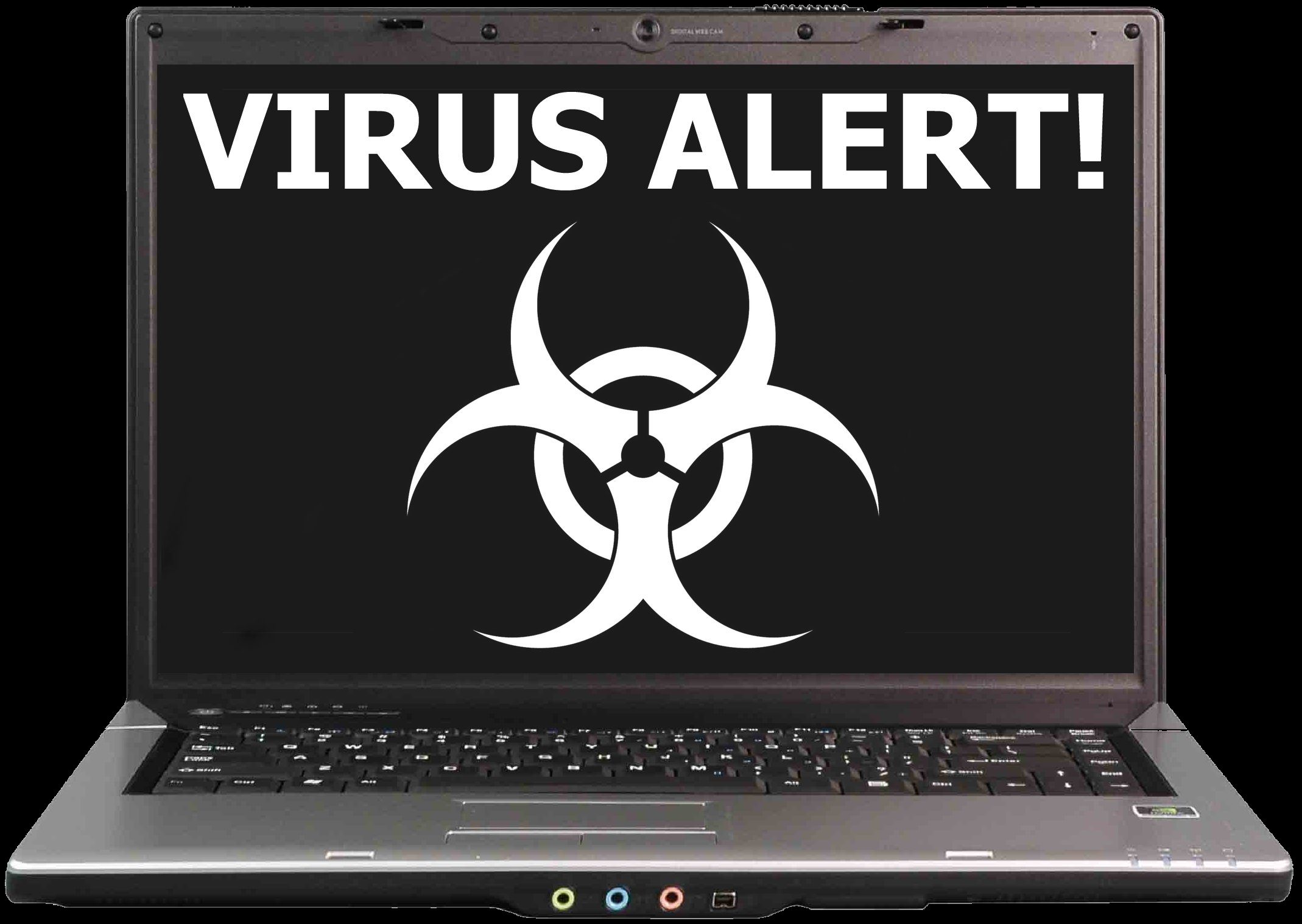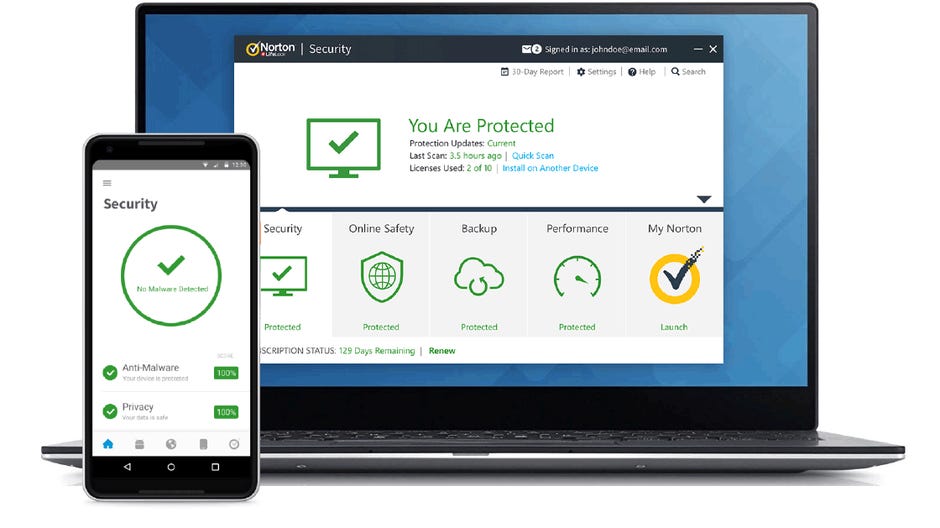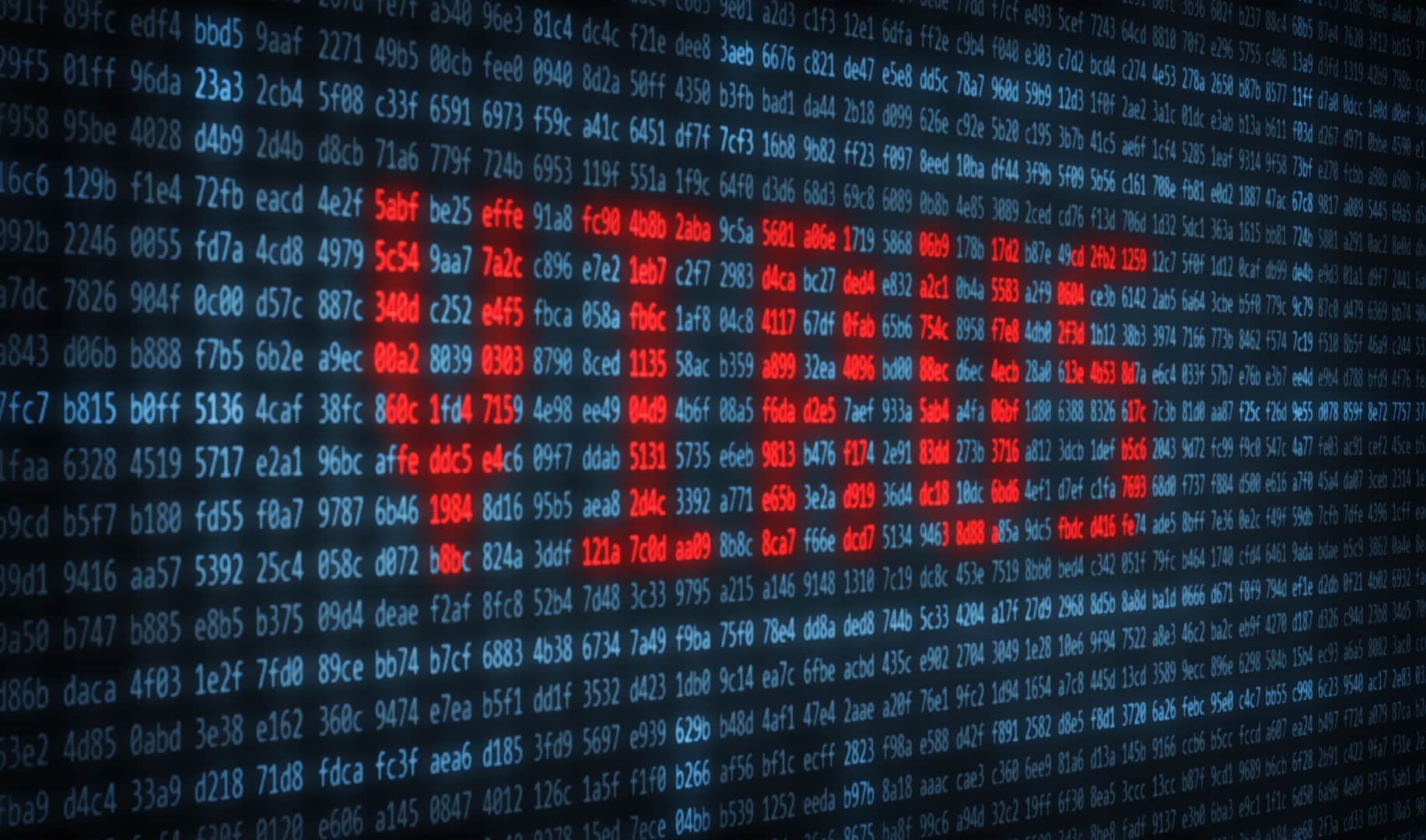

- #Protect your computer from viruses from wifi software#
- #Protect your computer from viruses from wifi code#
- #Protect your computer from viruses from wifi mac#

#Protect your computer from viruses from wifi code#
#Protect your computer from viruses from wifi software#
Malware is an umbrella term for a range of malicious software designed to invade digital devices or networks. But ransomware is only one type of malicious software.

Many of the worst incidents of the past year have been ransomware attacks, in which hackers take control of a company’s network, lock the users and administrators out, and demand ransom payments in bitcoin-often amounting to millions of dollars, as in the May 2021 shutdown of the Colonial Pipeline, a vital fuel conduit for the eastern United States. Unfortunately, newer, more insidious viruses and other malware are emerging just as companies are facing pandemic-related shortages of cybersecurity experts and as more employees are operating under less secure, work-from-home conditions.

In recent years, the data security profession has flourished, and some common vulnerabilities have been automated away. When did you last run a computer virus scan-or even think about it? At a time when workforces are increasingly remote, an effective anti-malware strategy requires effective governance, policy adherence, and bottom-up commitment from employees.Antivirus and anti-malware software can be effective, if kept up to date, against a wide range of malware classes.Ransomware attacks have been increasingly prevalent, often costing millions of dollars. Virus and m alware exploits are increasingly diverse and destruct ive.The bottom line: Relax take proper precautions then go ahead and enjoy your computer, smartphone and digital devices. (We recommend you follow the earlier FBI guidelines so you won’t even need to worry about infections.) Although you’ll want to take care to protect your computer or digital device, there is no need to grow anxious or paranoid in this regard.Įven if your computer – or even your smartphone – gets “infected,” there are a number of ways of ridding yourself of the virus or spyware problem. When in doubt, contact the person whom you think sent the e-mail and make sure the contents is safe (and that they, indeed, did send you the e-mail). You may receive an e-mail from someone named “Helen,” but that person might not be the “Aunt Helen” you know (or your Aunt Helen’s e-mail account may have been hijacked by someone else). Heed the FBI warning about taking precaution when opening e-mail attachments.When you come across a prompt asking whether you want to automatize these updates, we suggest that you click “okay / agree” to the request.
#Protect your computer from viruses from wifi mac#


 0 kommentar(er)
0 kommentar(er)
